Marking the 5 year anniversary of the Shreya Singhal Judgement
| March 24, 2020
As we stare down a lockdown in most Indian cities access to the internet has never been more important than it is right now. This not only means the ability to connect but also the political freedom ensured towards such access. Here, 5 years ago a division bench of the Supreme Court composed of Justices Chalameshwar and Nariman laid down an important foundation for internet freedom that is today under threat.
This victory was made possible due to the work and close collaboration of multiple litigants, lawyers and digital rights organisations (link). We mark this day to credit not only this victory but also to indicate urgency why this victory may not hold without a well resourced defence of its core principles.
The Shreya Singhal judgement as a significant step for Internet Freedom
This was through the Shreya Singhal Verdict that struck down Section 66A of the Information Technology Act, 2000 which was used to send political dissenters to jail across the political spectrum (link to summary). But much beyond it, the judgement also provided relief and greater clarity on the issue of takedowns by online service providers like Facebook, Twitter, Reddit, Instagram etc. These platforms which are intermediary provide services that are utilised by millions today for exchanging information and bringing comfort to each other. However, they are also abused by content that is false and misleading or to make violent threats or hate speech.
Striking a fine balance the Supreme Court held that such platforms as per the provisions under the law cannot be made liable for the acts of the users who post such illegal content. Given the volume of content they cannot be legally required to pre-filter, screen or exercise editorial control. Here, legal liability on them arises only when they fail to act for a specific takedown notice that states that such content is illegal and is sent under a valid court order or an executive authority. This check and balance ensures that there will be an opportunity for natural justice and it will prevent what many lawyers explain as a “chilling effect”. The third element of the Shreya Singhal judgement was on website blocking where disappointingly the court did not extensively engage with the arguments made by the petitioners (read more here).
Continued threats to Internet Freedom
As many people shift to work from home, they wonder in the middle of a pandemic about safety, core provisions and financial stability. Many harmful impacts are being mitigated by the close to 600 million internet connections that are active in India that are helping bridge gaps of information and services. At the same time, even prior to Covid-19 the Shreya Singhal judgement and by it’s very basis has been eroded by regular attacks which have been documented and defended by us.
For instance our work has demonstrated that despite Section 66A being termed as unconstitutional it has continued to be applied (link) and there even have been serious proposals to reintroduce it (link). Takedowns by online intermediaries have become worse over time and there are proposed changes which would require increasing surveillance and censorship powers of the governments (link). At the same time online safety and disinformation are credible challenges. Website blocking orders continue to be made with little transparency and the ability to legally contest them (link).
We do not expect these challenges to be rolled back. Here it becomes necessary for our continued work to be well resourced to ensure you can continue enjoying the internet not only for work and, more importantly - play!
Safeguard Internet Freedom today!
To mark the 5 year anniversary of the Shreya Singhal verdict, we have been grateful to receive support from LiveLaw, IndianKanoon and Broadband Forum who will host banner links and signal to their users to donate to IFF for a period of two weeks. We have also created a video to explain this decision and will be authoring a set of three op-eds to go in depth into this decision in light of contemporary developments.



